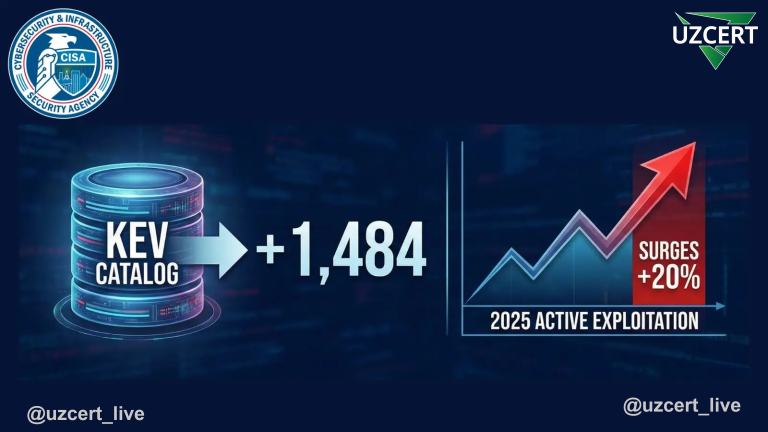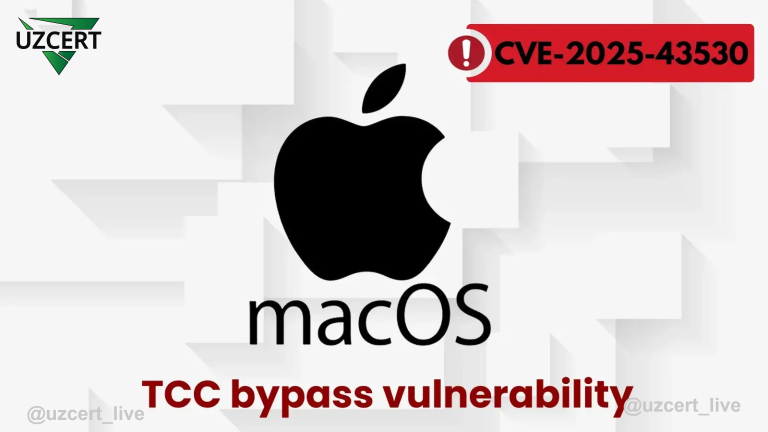
Surge in Cyberattacks on Cisco’s VPN System
Cisco has confirmed that a cross-site scripting (XSS) vulnerability in its Adaptive Security Appliance (ASA) software is actively being exploited in the wild. This vulnerability, registered as CVE-2014-2120, was first discovered in 2014 but remains a significant threat. Exploiting this flaw, attackers can trick users of the WebVPN system into executing malicious scripts and steal sensitive information.
Why is this vulnerability dangerous?
The vulnerability arises from an error on the WebVPN login page. Attackers can exploit it by luring users into clicking a malicious link. This can result in:
- Execution of malicious code in the user’s browser.
- Stealthy transmission of personal data to the attacker.
Recently, the Cisco Product Security Incident Response Team (PSIRT) identified renewed exploitation attempts targeting this flaw. This underscores that unpatched vulnerabilities, even those discovered years ago, can continue to pose serious threats.
What are the potential impacts?
The vulnerability is rated as medium severity, with a CVSS base score of 4.3. However, its active exploitation significantly increases the risk. Attackers can:
- Steal user credentials or other confidential information.
- Target VPN connections, potentially compromising the entire network’s security.
What does Cisco recommend?
Cisco has emphasized that the only way to address this issue is by updating the software. There are no alternative fixes. The company recommends:
- Upgrading ASA software to the latest version.
- Reviewing system configurations and addressing the vulnerability.
Who is exploiting this vulnerability?
The CVE-2014-2120 vulnerability has recently been added to the U.S. Cybersecurity and Infrastructure Security Agency’s (CISA) catalog of actively exploited vulnerabilities. It has been incorporated into the toolkit of major malware groups, particularly the operators of the AndroxGh0st botnet.
These groups are leveraging the flaw to expand their attack capabilities, especially targeting VPN networks.
How to secure your network?
Updating Cisco ASA software is the only effective way to protect against this vulnerability.
Additionally, organizations should:
- Regularly audit their network configurations.
- Keep VPN and other critical services up to date.
- Strengthen monitoring and security mechanisms in their systems.
The active exploitation of this vulnerability serves as a stark reminder of the importance of consistent network security vigilance. Outdated systems or unpatched software can pose a severe threat to cybersecurity. It is crucial to stay alert and take proactive measures to mitigate risks effectively.



